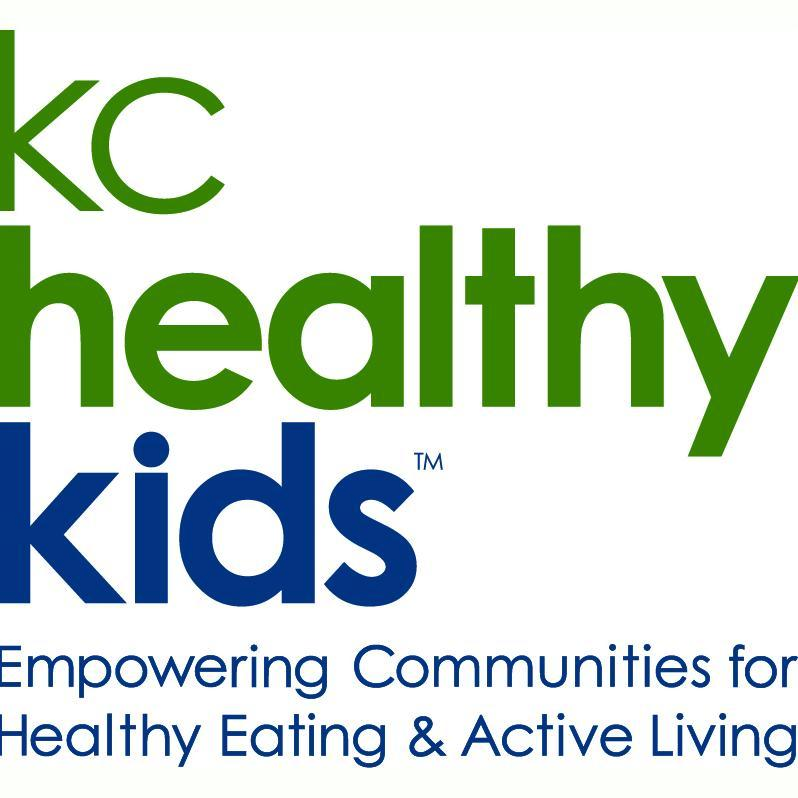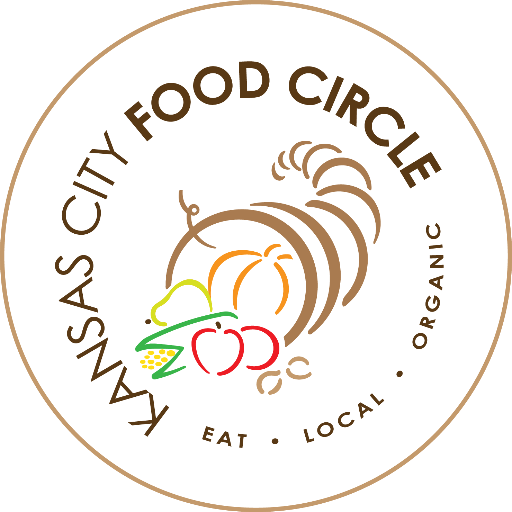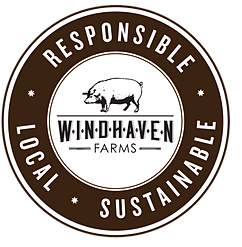By: Melissa A. Vatterott, Food and Farm Coordinator
August 5, 2015
 After the Harvest.
After the Harvest.
Bridging the Gap.
Next, I met with Amy Smith, the Volunteer Services Manager of Bridging The Gap. “Bridging The Gap (BTG) works to make the Kansas City region sustainable by ‘connecting environment, economy and community,’ and [is] the premier organization in the area providing environmental education and volunteer action through more than 1,000 volunteers annually.” Similar to Missouri Coalition for the Environment, Bridging the Gap works to advance several programs related to the environment. They manage three drop-off community recycling centers in KCMO and conduct door-to-door recycling engagement in the urban core. Keep Kansas City Beautiful is one of their a program which runs litter pick up and sustainable garden installations. They are also very concerned with forests, evidenced by Heartland Tree Alliance, which “engage[s] people of the Greater Kansas City region to take action and advocate for a healthy community forest.” Bridging the Gap also conserves ecosystems through Kansas City WildLands, helps with installment of residential rain barrels, maintains the Green Business Network KC, and promotes environmental awareness and lifestyle changes through Five Green Things.
Cultivate Kansas City.
| FOOD | FARMS | COMMUNITY |
| Gibbs Road Farm | Juniper Gardens Training Farm | Public Education |
| Food Forest Pilot Project | Cooperative Resources | Policy & Advocacy |
| Juniper Gardens Training Farms – Food | Non-profit Food Projects | Beans & Greens |
August 6, 2015
 KC Healthy Kids.
KC Healthy Kids.
On my second day in Kansas City, I met with two staff from KC Healthy Kids: Matt Davis, the Farm to Institution Manager, and Rachael McGinnis Millsap, Director of the Farm to School Academy, to learn about KC Healthy Kids’ local food programs as well as gain any insight they may have on the development of GKCFPC, for which KC Healthy Kids is the coordinating agency.
According to their “About Us” webpage, “KC Healthy Kids rallies the people in our communities to improve access to affordable fresh food and safe places to walk and play.When our neighborhoods support healthy habits, we are less likely to suffer from obesity, which is linked to Type 2 diabetes, heart disease, and poor mental health. To make a lasting impact, we shape policies that improve our food system and physical surroundings, and, ultimately, the places where we live, work, learn, and play.”
“As the Farm to Institution Manager, Matt expands the Carrot Gold Partnership in worksites, health care institutions, restaurants, and other food serving venues across Greater Kansas City. He helps local farmers and producers coordinate their production to better meet institutional demand. Matt also works with major food distributors to increase the abundance, variety, and availability of local foods to institutions.”
“As director of the Farm to School Academy, Rachael works with local growers, distributors and schools districts to make fresh, locally grown foods more available to students. She also builds crucial partnerships and provides training to empower districts to overcome barriers to serving local food.”
KC Healthy Kids has several other programs. Click on any of the following programs to learn more:
Healthy Communities Initiative
 Kansas City Food Circle.
Kansas City Food Circle.
I also met with Emily Akins, Coordinator of KC Food Circle. The Kansas City Food Circle is a volunteer-run non-profit organization that connects eaters with local organic and free-range farmers in order to promote a sustainable food system in the Kansas City region. We serve farmers and eaters in Missouri and Kansas, providing an alternative to the conventional agricultural system, which is dependent on practices that are neither good for our personal health nor for the health of the living world of which we are part. Our primary purpose remains to support farmers in our region who strive to produce delicious, nourishing food, use environmentally sound, organic methods that restore and preserve the health of the land and who treat their animals far more humanely than industrial animal factories. We prepare a directory of our member farmers who all pledge their sustainable growing practices; we also promote farmers markets and restaurants who support our member farmers.
For more information visit www.kcfoodcircle.org.
Emily is an Editorial Director at Hallmark by day and an avid locavore by night. She is coordinator for the KC Food Circle, serves on the steering committee for the Greater KC Food Policy Coalition, which advocates for a strong local food system that provides healthy, sustainable and accessible foods for everyone in KC. She also volunteers with her CSA – Fair Share Farm in Kearny, MO. She completed a masters degree in English from UMKC in 2009 with a thesis on the rhetoric of the local food movement in Kansas City. She lives in KCMO with her spouse and two kids, blogs at everythingbeginswithane.blogspot.com and writes for Edible KC.
 Windhaven Farms.
Windhaven Farms.
Last but not least, I met with Kristen Wolf, owner and operator of Windhaven Farms. Windhaven Farms is a local meat distribution business that provides meat from 7 different farms in central and Northwest Missouri to restaurants and consumers in Kansas City. We buy meat from specific farms that fit our criteria for sustainability. The animals must be responsibly raised, which, to us, means raised with the environment, animal health, and economic viability in mind. We strive to make it easier for local chefs and consumers to buy locally, both in terms of access to food and economic viability.
Kristen Wolf is the owner and operator of Windhaven Farms. Kristen uses this role to build relationships between farmers and eaters as well as share knowledge between the two groups. Local food is a relationship based business that is strengthened through trust, knowledge and access. Through her role as owner of Windhaven Farms, Kristen tries to build relationships in order to create a stronger local food system in Kansas City.


